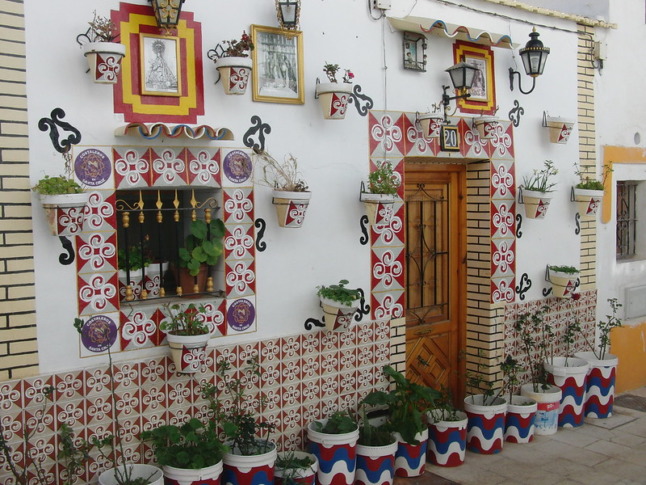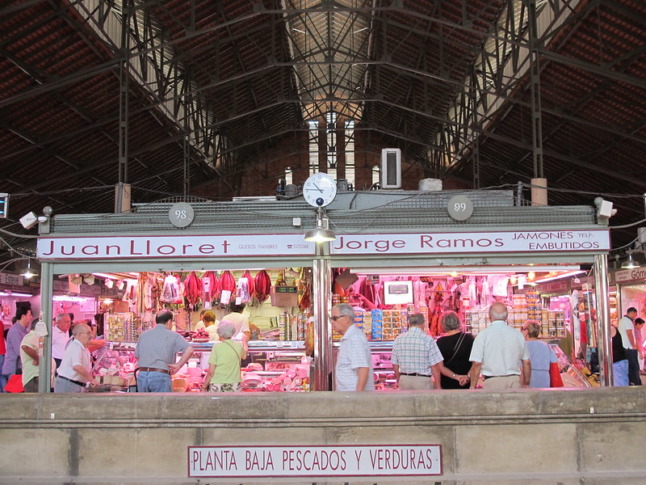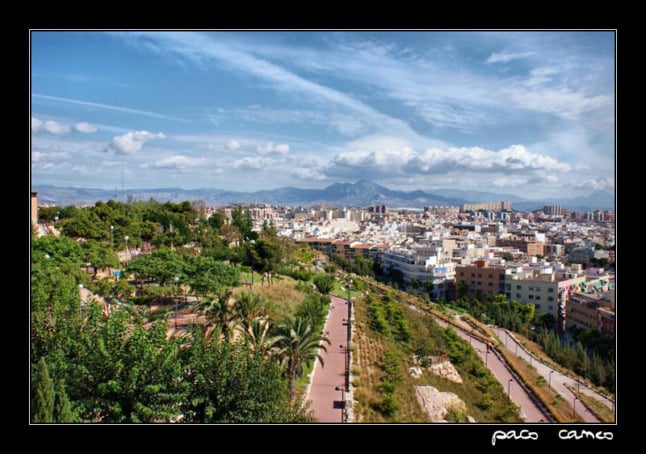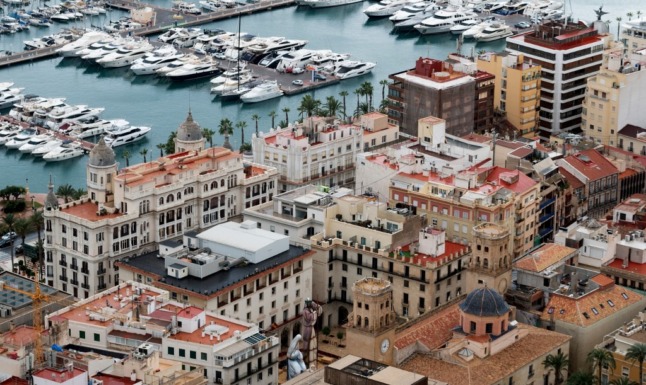Alicante, a province that’s part of Spain’s Valencia region on the country’s east coast, is famous for its sandy beaches, year-round sun and international community.
The city of Alicante, and the wider province that includes foreigner hotspots Torrevieja, Benidorm, and Villajoyosa, are a fantastic and affordable place to visit, but making the move permanent can be trickier.
Here’s a selection of tips, tricks and other hacks to make daily affairs and outings in Alicante easier and cheaper, based on the experiences of Conor Patrick Faulkner, a Spain-based journalist who’s lived in the province.
Understand where you want to be
When many in the UK talk of Alicante, they are in fact referring to the wider Alicante province and its cluster of tourist hotspots.
The city of Alicante itself is a medium-sized coastal city of around 330,000 and while international, is definitely a distinctly Spanish city.
If you are thinking about moving to Alicante, consider if you want to be in the busier city, with a younger demographic, or in one of the many nearby towns that are popular among foreign retirees.
If you fancy the city and want a truly alicantino experience, hang out around the old neighbourhood of Santa Cruz, known as ‘el barrio’ by locals, for a taste of authentic Spanish nightlife.

Take advantage of Alicante’s location
Alicante-Elche airport is one of Spain’s most popular airports, with dozens of direct connections to British and European cities.
It’s just 14km from the city itself, there are a number of bus services, and a taxi isn’t too expensive if you’re in a rush. There’s also a host of direct shuttle bus services to Benidorm and Torrevieja.
If you decide to live in the city itself, live as the locals do and explore the province.
Beat the beach crowds
At the weekend, many alicantinos avoid Alicante’s more popular beaches and take day trips to beautiful coastal towns like Altea and Dénia, up the coast towards Valencia, or drive south to Murcia’s Costa Cálida.
San Juan and El Campello beaches are less touristy than Alicante’s main beach, El Postiguet, and many locals prefer to take the short drive or tram ride and get away from the crowds.
For Britons and Irish nationals who are really missing home, there’s always taking the 40-minute drive up to Benidorm and enjoying a full English breakfast or pint of beer. They can also make the journey on the province’s coastal tram service.
READ ALSO: The towns in Spain where Brits outnumber locals

Buy a tram pass
No true alicantino pays for single fares on the tram. Save yourself some money and pay for a BONO 10 or 30 pass and swipe on and off using your preloaded journeys. You can add extra journeys if you want to take a daytrip and explore the province. People under the age of 31 can get a free transport pass in Alicante until July 31st 2023.
Learn some Spanish
Although many foreigners in towns such as La Marina manage to get by only speaking English, take advantage of Alicante’s international population to pick up some Spanish.
Many locals are keen to learn and practice their English, so head down to one of Alicante’s many intercambio de idiomas (language exchanges and learn some Spanish, or take classes at one of the city’s many language academies.
Take advantage of the markets
Once you’ve picked up some Spanish, you’ll be ready to shop like a local and utilise Alicante’s fantastic markets.
While locals of course use Mercadona and Consum, many buy their meat, fish, fruit and veg from either Alicante’s impressive Mercado Central, beneath the Castillo de Santa Bárbara, or the smaller twice-weekly Benalúa market.
This is a great way to save money and the produce is always fresher than the supermarket. Live as alicantinos do and buy, cook, and eat your fish the same day it was caught.

Buy a water filter
While enjoying your fresh fish with a caña or glass of local wine is the true alicantino way to eat lunch, invest in a good quality water filter. Like in many coastal parts of Spain, the tap water isn’t great so many locals use filters not only for the taste, but for the economic and environmental advantages of not buying bottled water.
Slow down – get used to the pace of life
Many people move to Spain to relax on holiday or retire, but getting used to Alicante’s pace of life can take time.
Almost all shops, bars and cafes will close for two or three hours during the afternoon, when locals eat lunch and have a siesta, and very little is open on Sundays, even in the city.
When making friends or attending language exchanges, let go of your British timekeeping. If you arrange to meet a local, don’t expect them to arrive until at least ten or fifteen minutes after you agreed, perhaps longer.
Great views without the crowds
Head to San Fernando Castle (Castilla de San Fernando) if you want to get away from the hustle and bustle.
Alicante’s most famous tourist attraction is el Castillo de Santa Bárbara, a huge 9th century fort castle with incredible coastal views that dates back to the Islamic Empire, but it is often overrun with tourists.
Many locals avoid Santa Bárbara and head instead to Sant Ferran, a short walk away, to enjoy the views. Live like a local and enjoy some food or drink in the surrounding hills. Younger locals often take food and drink and sit in the hills (known as a botellón) to save money.

Take advantage of Alicante’s freebies
Alicante is a city with a host of free museums and attractions, including the Museo de la Ciudad de Alicante (MUSA) and Museo de Arte Contemporáneo de Alicante (MACA).
Another good way to get discounts and enjoy freebies in Alicante are the BONO Shopping vouchers, offered by the Department of Commerce. BONO vouchers are worth up to €40 and can be spent in various clothing, footwear, accessories, stationery, computers, bookstores, fashion, opticians and hairdressers and are valid for ten days after you apply for them online.
Discounts for seniors
As part of the Valencia region, Alicante residents of a certain age are eligible to apply for the Valencia region’s ‘Tarjeta del Mayor’ which offers discounts on many services, museums and concerts. To be eligible you must be at least 65 years old and resident in one of Valencia’s municipalities.
READ ALSO:



 Please whitelist us to continue reading.
Please whitelist us to continue reading.
Member comments